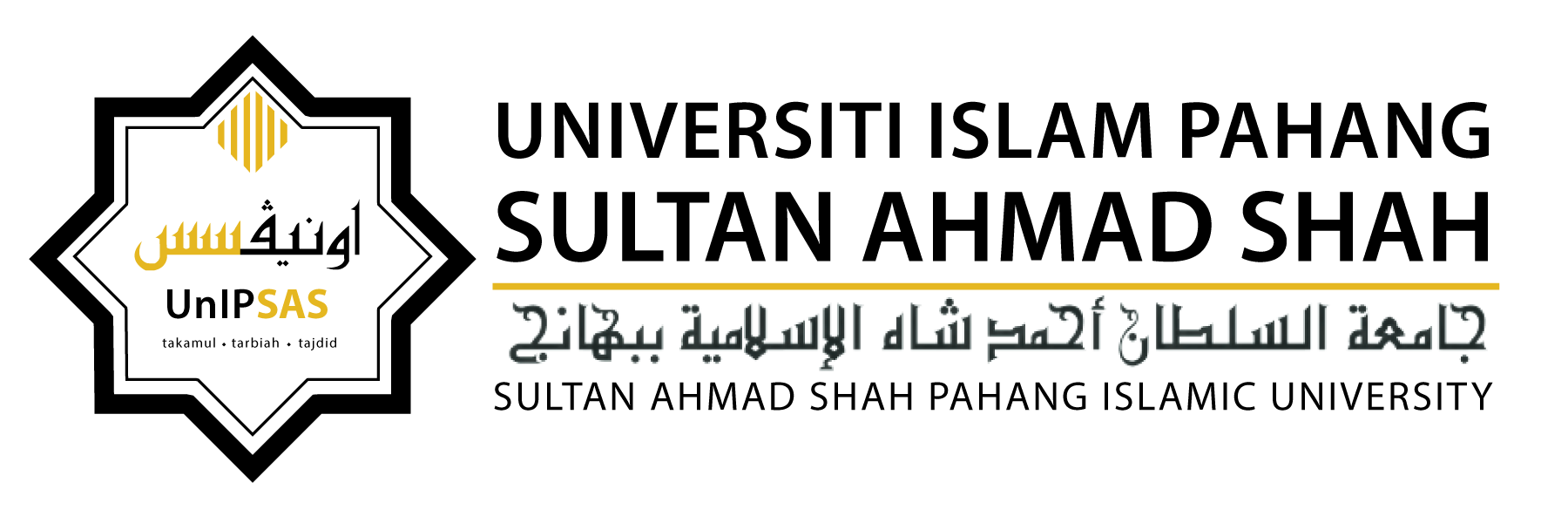THE CONCEPT OF REPENTANCE AND ITS IMPLICATION TOWARDS MITIGATION IN MALAYSIAN SHARIAH COURTS
Keywords:
Repentance, Mitigation, Shariah Criminal Jurisdiction, Shariah CourtAbstract
Repentance is one of the noble characters required by Islam. The noble character plays a vital role in constructing the serenity of an individual as well as Muslim’s community. Repentance inflicts the chance for a Muslim to improve himself for a brighter life and blessing from Allah SWT. This article aims to discuss the concept of repentance in Islam and its implications for mitigation in Shariah courts in Malaysia. This study uses a qualitative approach with a case study design. Data is collected through books, journals, statutes, proceedings papers, Shariah Court cases. The data obtained were analyzed using inductive analysis method. The results show that the jurists agree that "repentance" can be the reason for the release of the crime from hudud punishment provided it occurs before the criminal is arrested. Repentance has an effect on the removal of sins both in this world and in the hereafter. In the hereafter, the person will not be punished, while in the world, repentance will be able to alleviate the punishment imposed. This study is very important to give an understanding to the community about the role of repentance in building a brighter life opportunity and blessing of Allah SWT.
Downloads
Published
How to Cite
Issue
Section
License

This work is licensed under a Creative Commons Attribution-NonCommercial 4.0 International License.






